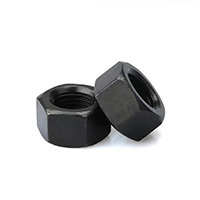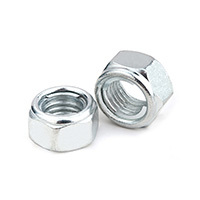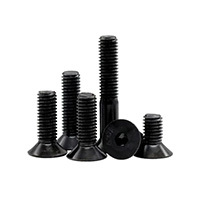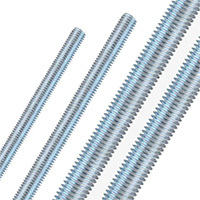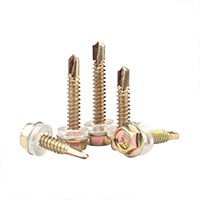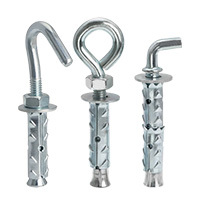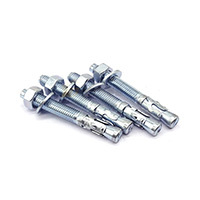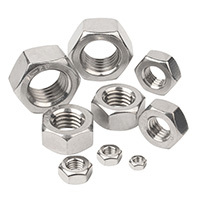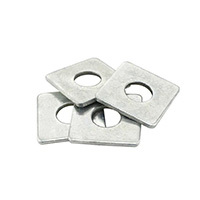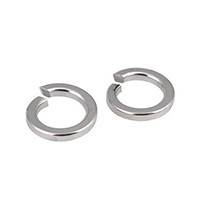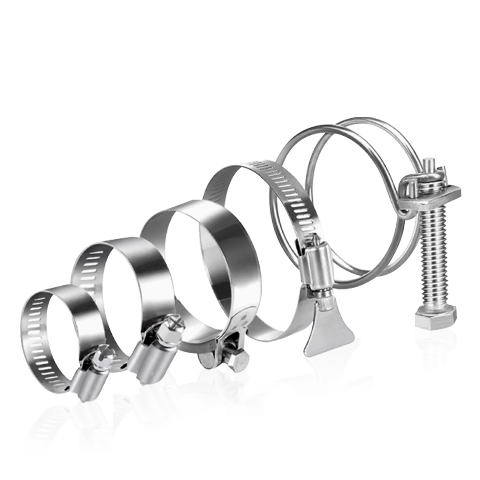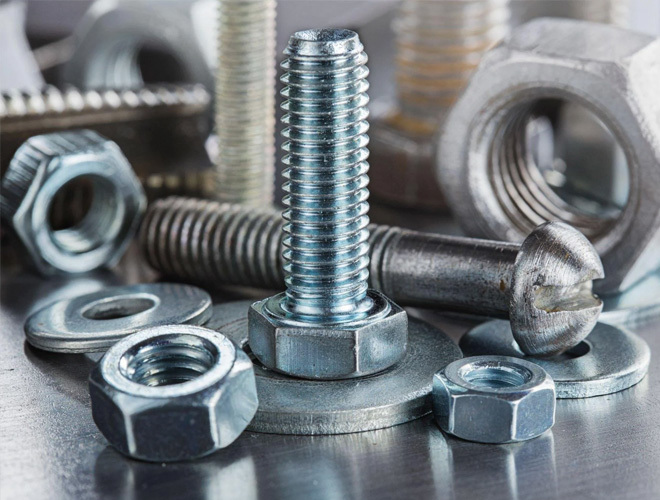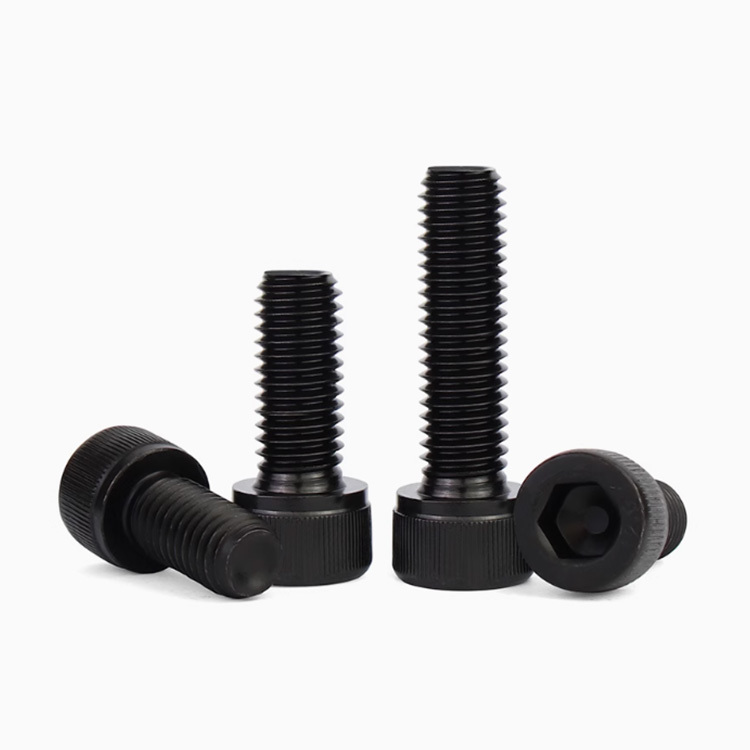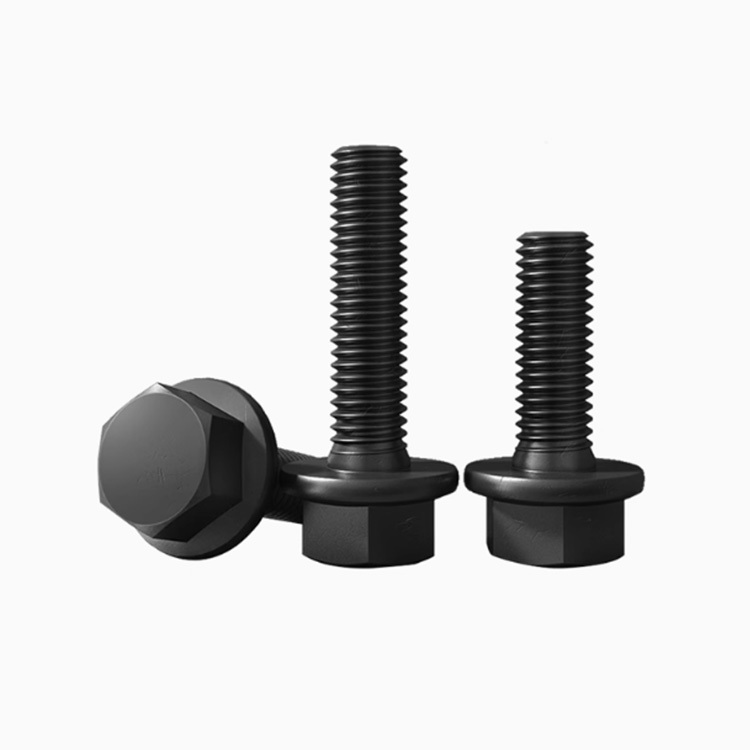The Environmental Impact of Expansion Bolts in Construction: A Comprehensive Analysis
May 02,2025
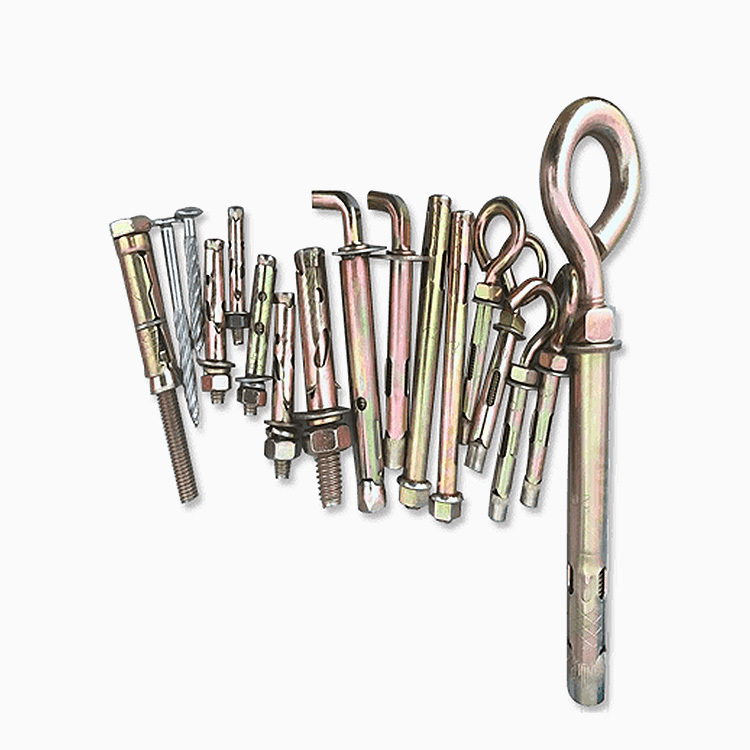
The Environmental Impact of Expansion Bolts in Construction
Table of Contents
- Introduction to Expansion Bolts
- Understanding Expansion Bolts and Their Purpose
- The Manufacturing Process of Expansion Bolts
- Materials Used in Expansion Bolt Production
- Environmental Considerations in the Use of Expansion Bolts
- Recycling and Disposal of Expansion Bolts
- Sustainable Alternatives to Traditional Expansion Bolts
- Best Practices for Using Expansion Bolts in an Eco-Friendly Manner
- Conclusion
- FAQs
Introduction to Expansion Bolts
Expansion bolts are critical components in the construction industry, providing secure anchorage for various structures, from bridges to high-rise buildings. Although they are essential for structural integrity, it is vital to consider their environmental impact. This article provides an in-depth examination of expansion bolts, focusing on their manufacturing processes, materials used, and the ecological repercussions of their use.
Understanding Expansion Bolts and Their Purpose
Expansion bolts are mechanical fasteners designed to secure objects to a substrate, typically concrete. They operate by expanding within a drilled hole, creating a tight grip that prevents movement. This functionality makes them indispensable in various applications, such as heavy machinery installations, railings, and mounting fixtures. However, the environmental implications of their widespread use warrant a closer analysis.
Types of Expansion Bolts
Several types of expansion bolts exist, each catering to specific applications and conditions. The most common types include:
- **Wedge Anchors**: These have a tapered end that wedges into the base material, providing a strong hold.
- **Sleeve Anchors**: These use a sleeve that expands when the bolt is tightened, making them versatile for different substrate types.
- **Drop-In Anchors**: Designed for use in hollow materials, these anchors require a setting tool to expand and secure the anchor in place.
Understanding these variations is crucial for selecting the appropriate type based on project requirements, including environmental considerations.
The Manufacturing Process of Expansion Bolts
The manufacturing process of expansion bolts involves several stages, each with potential environmental implications.
Material Sourcing
The production begins with sourcing raw materials, often steel or other metals. Mining and refining these materials can lead to habitat destruction, increased carbon emissions, and pollution of local water sources. Sustainable sourcing practices are vital in mitigating these impacts.
Production Techniques
Manufacturers typically employ techniques such as forging, machining, and heat treatment to produce expansion bolts. Each method has varying energy requirements and environmental impacts. For instance, forging is generally more energy-efficient than machining, leading to a smaller carbon footprint.
Quality Control
Rigorous quality control measures are essential to ensure the durability and safety of expansion bolts. However, these processes can generate waste, which must be managed responsibly to minimize environmental harm.
Materials Used in Expansion Bolt Production
The type of materials used in expansion bolt production directly affects their environmental impact.
Common Materials
Most expansion bolts are made from steel, often coated with zinc or other materials to enhance corrosion resistance. The environmental impact of these materials includes:
- **Steel**: A significant contributor to greenhouse gas emissions during production. Sustainable steel production methods, including electric arc furnaces, can reduce these emissions.
- **Coatings**: Chemical coatings, while effective, may pose environmental risks if not properly managed during production and disposal.
Alternative Materials
There is a growing trend toward using eco-friendly materials, such as recycled metals and biodegradable composites. These alternatives can significantly reduce the environmental footprint of expansion bolts.
Environmental Considerations in the Use of Expansion Bolts
The environmental considerations associated with expansion bolts extend beyond their production. Their life cycle, from installation to disposal, presents various ecological challenges.
Installation Impact
The installation of expansion bolts can disrupt local ecosystems, particularly when drilling into concrete or stone. Such activities may lead to dust pollution and noise, affecting surrounding flora and fauna.
Longevity and Durability
The lifespan of expansion bolts is a crucial factor in assessing their environmental impact. High-quality bolts can last several decades, reducing the need for replacements and the associated environmental costs.
Decommissioning and Waste
At the end of their life cycle, expansion bolts must be removed and disposed of properly. Improper disposal can lead to metal waste that contributes to pollution and environmental degradation.
Recycling and Disposal of Expansion Bolts
An effective recycling program can significantly lessen the environmental impact of expansion bolts.
Recycling Practices
Steel and other metals used in expansion bolts can be recycled to conserve resources and reduce greenhouse gas emissions. Establishing a recycling program in construction projects can facilitate the collection and repurposing of these materials.
Disposal Methods
Proper disposal methods for expansion bolts include recycling and utilizing hazardous waste facilities when necessary to prevent environmental contamination.
Sustainable Alternatives to Traditional Expansion Bolts
In response to environmental concerns, the construction industry is exploring sustainable alternatives to traditional expansion bolts.
Eco-Friendly Fasteners
Innovations in fastener technology have led to the development of eco-friendly options made from recycled materials or designed with a lower environmental footprint. These options can provide comparable performance while minimizing ecological impact.
Using Chemical Adhesives
In some applications, chemical adhesives can serve as an alternative to mechanical fasteners like expansion bolts. These adhesives can offer strong bonds without the need for drilling, thus reducing environmental disturbances.
Best Practices for Using Expansion Bolts in an Eco-Friendly Manner
To mitigate the environmental impact of expansion bolts, it is essential to adopt best practices throughout their life cycle.
Choose Sustainable Materials
Opt for expansion bolts made from recycled or sustainably sourced materials whenever possible. This choice reduces the demand for virgin materials and lessens overall environmental impact.
Efficient Installation Techniques
Employing efficient installation techniques minimizes disruption and waste generation. Utilize tools and methods that reduce noise and dust pollution during the installation process.
Implement a Recycling Program
Establish a recycling program for expansion bolts and other fasteners at construction sites. This program can significantly reduce waste and promote sustainable practices within the industry.
Conclusion
The environmental impact of expansion bolts in construction is a multifaceted issue that requires careful consideration. From their manufacturing processes to their disposal, expansion bolts have significant ecological implications. By understanding the materials and methods involved in their production, and by adopting sustainable practices, the construction industry can mitigate these negative effects. Transitioning to eco-friendly alternatives and implementing recycling initiatives will help pave the way for a more sustainable future in construction.
FAQs
1. What are expansion bolts?
Expansion bolts are mechanical fasteners used to anchor objects to concrete or masonry surfaces by expanding within a drilled hole.
2. How do expansion bolts work?
They function by expanding as the bolt is tightened, creating a secure grip within the substrate.
3. What materials are typically used in expansion bolts?
Expansion bolts are commonly made from steel, often coated with materials like zinc for corrosion resistance.
4. Can expansion bolts be recycled?
Yes, expansion bolts made from metals like steel can be recycled to reduce waste and conserve resources.
5. What are some eco-friendly alternatives to expansion bolts?
Eco-friendly alternatives include fasteners made from recycled materials and chemical adhesives that do not require drilling.
Hot Tags:
Contact
E-mail:
Phone:
Address:
Yongnian Southwest Development Zone, Handan City, Hebei Province
PRODUCT SEARCH
Search And Quickly Find The Products You Need
The company has a modern production workshop and a professional technical team. It has introduced advanced automated production equipment from home and abroad, strictly controls every production link, is customer-centric, and is committed to providing customers with high-quality products and services.
Continue Search OR Customize Products



